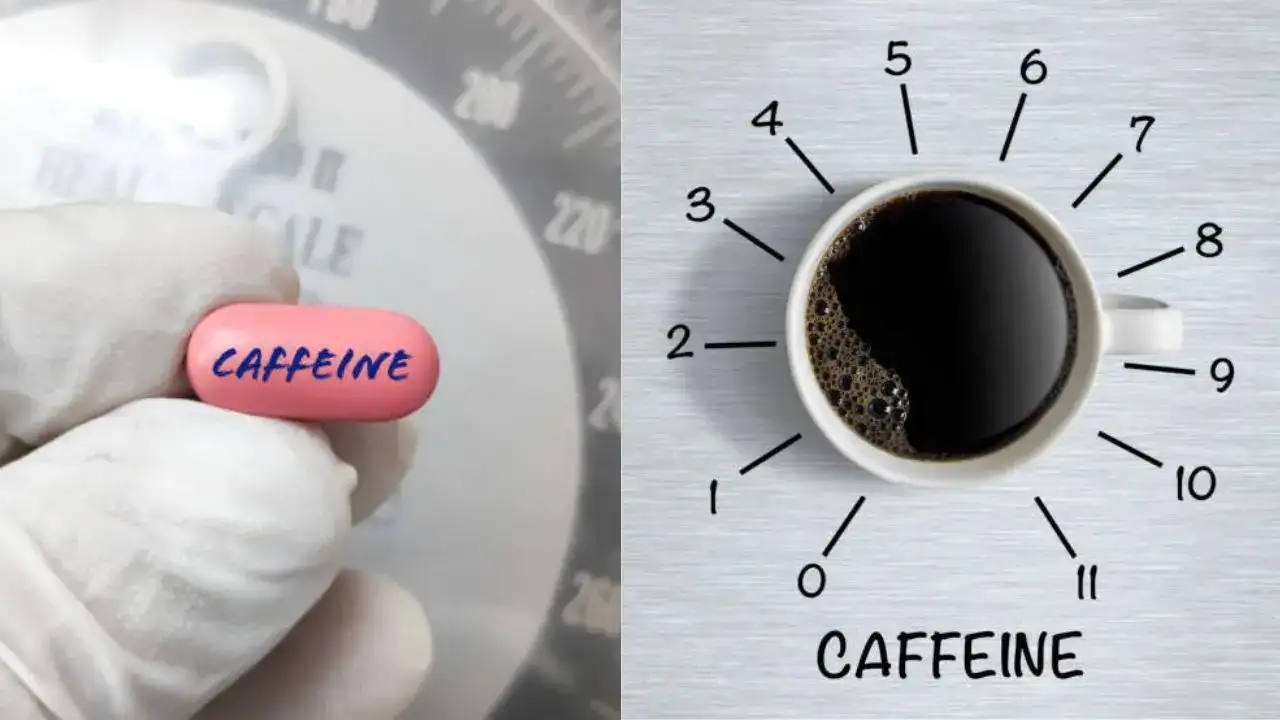
According to experts, even though it is rare, caffeine overdose can be swift and brutal
A college student from Australia died of a caffeine overdose while she waited several hours for an ambulance. According to news reports, Christina Lackmann from Melbourne—a biomedical science student—was found dead after she rang the emergency services saying she was feeling dizzy and numb. While the operator believed she was having an attack of vertigo, her frantic call was labelled as “non-urgent”. However, later when the paramedics arrived, Christina's body was in her bathroom, alone, apart from her distressed dog.
Later, a toxicology report indicated Christina had dangerously high levels of caffeine in her blood, and email exchanges showed she had received 90 20 mg caffeine tablets that day.
According to experts, even though it is rare, caffeine overdose can be swift and brutal.
What is a caffeine overdose?
Doctors say an overdose of caffeine happens when you consume too much of it. Making you feel sick. It is also determined to be caffeine toxicity, a kind of poisoning. According to experts, around 7 in 10 people across the world have at least some caffeine every day. While if you take it in small amounts, it will have a stimulant effect; caffeine makes you feel energetic and more awake.
According to the US Food and Drug Administration, most adults can safely consume 400 milligrams of caffeine per day—which is around two or three 12-ounce cups of coffee. However, it also says that kids younger than two years should not have any caffeine. While everyone may respond differently to caffeine, and some people naturally have a higher tolerance to its effects than others, others may be more sensitive due to underlying health conditions.
What causes caffeine overdose?
Apart from tea and coffee, caffeine is also found naturally in a few plants. It can also be a human-made chemical added to foods, drinks, medicines, and supplements, apart from soda, hot chocolate, and energy drinks. However, manufacturers also add caffeine to lots of other popular products like protein bars, pre- or post-workout snacks, sports drinks, over-the-counter medication like decongestants and pain relievers, energy supplements, and chewing gum.
According to experts, it is more common for people to experience a caffeine overdose from supple mixing highly caffeinated drinks with medication. But no matter where it comes from, if you ingest too much caffeine, your body will not be able to process it fast enough, and you may have an overdose.
Signs and symptoms of caffeine overdose
An overdose of caffeine can lead to a lot of symptoms, which include:
- Increased heart rate
- Palpitations and feeling like your heart is racing
- Severe headaches
- Anxiety
- Feeling jittery or agitated
- Increasing urination
- Increased peeing
- Always feeling thirsty
- Diarrhoea
- Sleeplessness or insomnia
- Breathlessness
- High blood pressure levels
- Muscle twitching
- Confusion
- Nausea and vomiting
-
Sudden seizures
Ways to treat caffeine overdose
Experts say the best way to treat an overdose of caffeine is to first carefully manage any symptoms you have been experiencing and help your body process it as safely as possible. You might not need any specific treatment, and drinking water and keeping hydrated can be done immediately. However, if treatment is needed, you may use:
- Intravenous fluids for hydration
- Medicines to help stabilize blood pressure
- Activated charcoal to help your body process the caffeine
- Dialysis to support your kidneys
